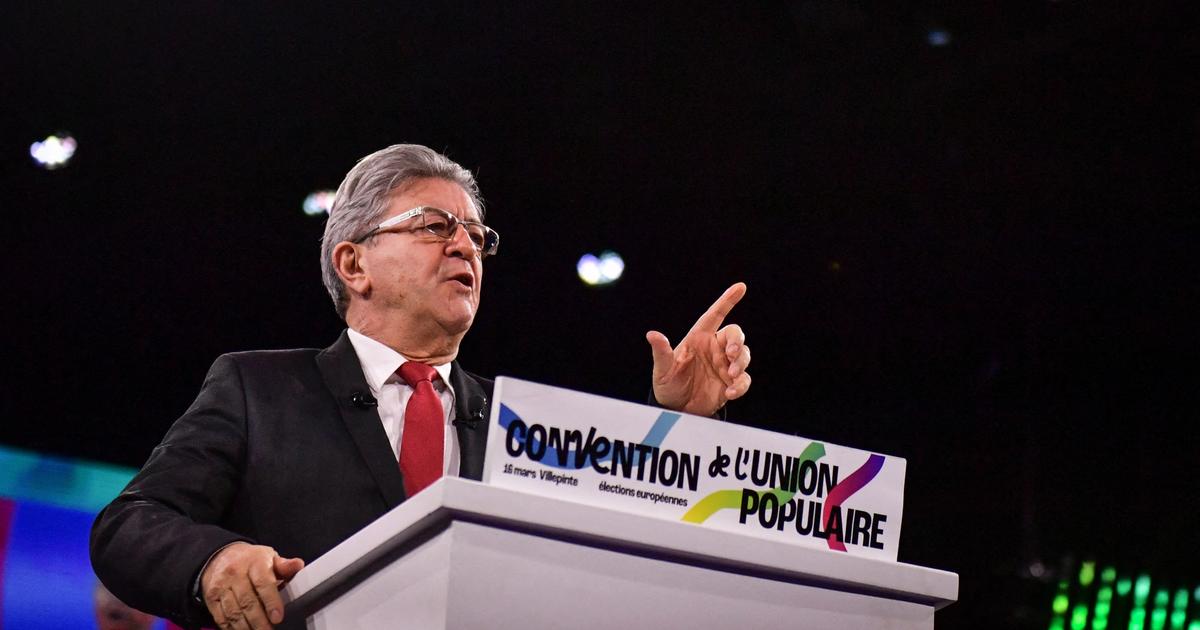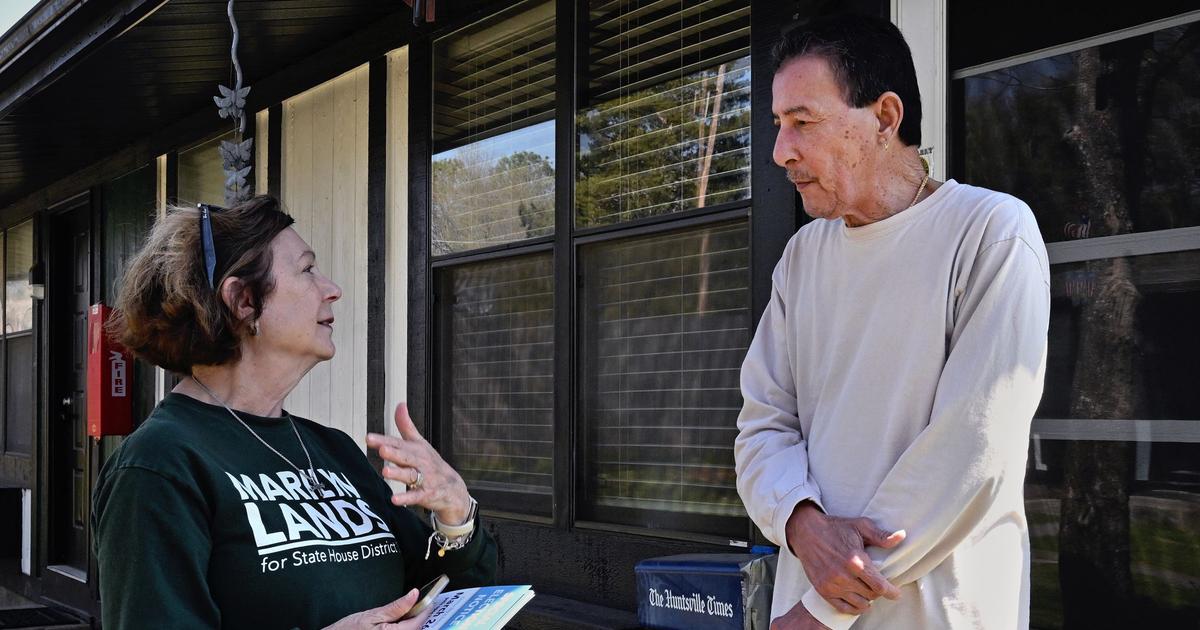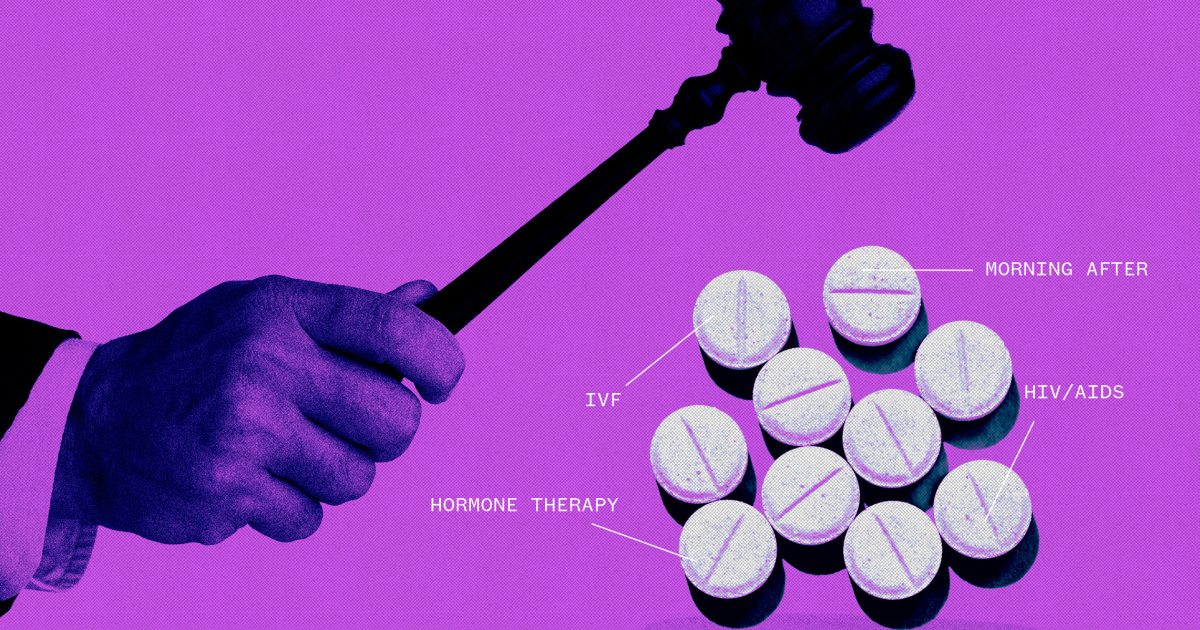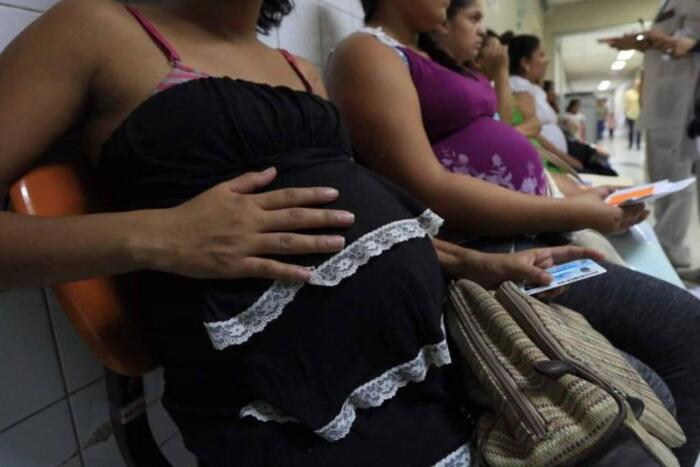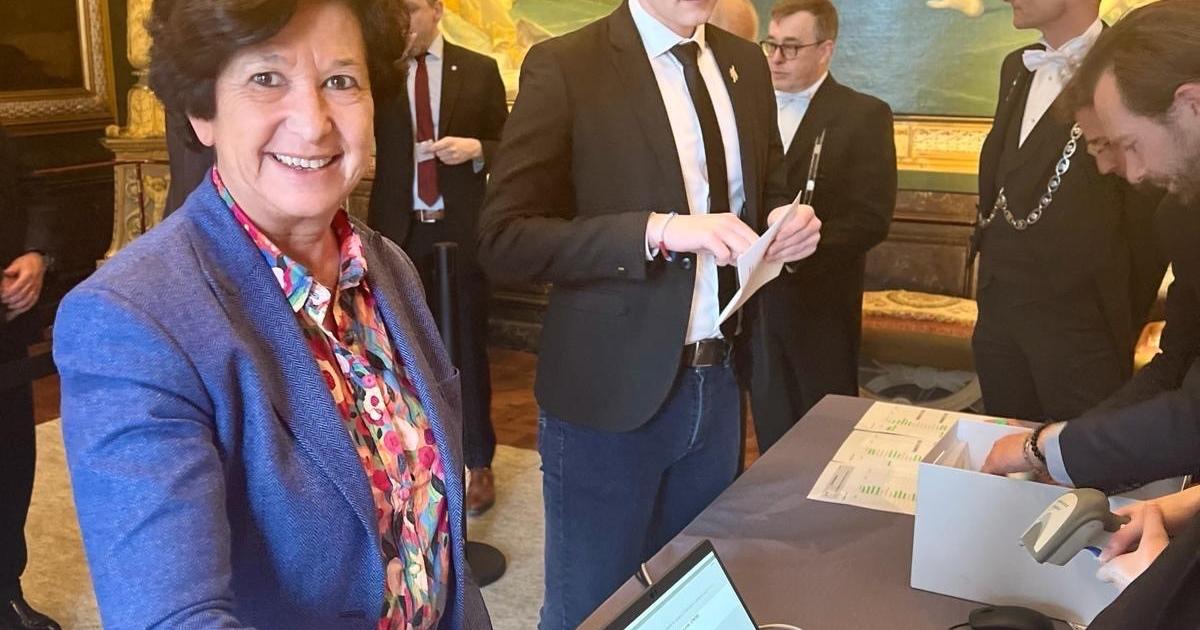It is October 31, 2018. The Ignacio Ellacuría Auditorium of the José Simeón Cañas Central American University (UCA) is more crowded than ever.
In one of the chairs, a young and gelled Nayib Bukele, greeted as a
rockstar
, is booed for the first time in the conversation.
"On the issue of abortion, we only agree when the life of the mother is at risk," says the man who would become the youngest president of the continent four months later.
The applause of the
fans
more stalwarts try to upstage the screaming.
"When someone with high resources has a miscarriage, they treat her [...] And nobody questions her."
Months after becoming President, the speech took a 180° turn.
“Someday, we are going to realize that it is a great genocide,” she said in the viral chat with Puerto Rican singer René Pérez,
Residente
.
"It's not schizophrenia," warns Celia Medrano, former general coordinator of the Central American Commission for the Defense of Human Rights.
“It is convenience and pure political strategy.
It happens with abortion and with everything that moves votes en masse”.
This trend, which experts define as "liquid ideology," has become a pattern during her controversial tenure.
It is enough to turn to the newspaper library to find antagonistic versions of the president, also regarding corruption or the rights of the LGTBIQ+ community.
Moisés Castellanos, a strategist in political communication, laments that his positions “are always flexible”: “He always tests the perception of an issue to be the one who makes the political decision.
And in that he is an expert.
With Bukele nothing, absolutely nothing, is random."
As a mirror, the "flexibility" in the speech has also been the norm among the deputies of Nuevas Ideas, the government party.
Although in 2017, the deputy Suecy Callejas asked on her social networks to decriminalize four causes of abortion to "guarantee our freedoms and autonomy", the current vice president of the Legislative Assembly, was emphatic this Wednesday: "Abortion is not and will not be legal" .
Nayib Bukele holds a gay flag together with members of the El Salvador Trans Men's Generation Association, during the electoral campaign for the Mayor's Office of San Salvador.RR SS
His tweets, and those of more than a dozen deputies, were not accidental.
This Wednesday the hearing was held in Costa Rica at the Inter-American Court of Human Rights (IDH Court) in the Beatriz vs. El Salvador case.
This is the first time that the highest judicial body in the region explicitly investigates the consequences of the absolute criminalization of abortion that has been in force in the country since 1998. In El Salvador, the voluntary interruption or not of abortion is punishable by up to 50 years in prison .
In addition, doctors who help or recommend it can be sentenced to up to 12 years in prison.
The president, who called "fanatics" those who did not let the young Salvadoran woman with lupus have an abortion in 2013, this time did not speak.
But his supporters, outside and inside the Government, did not take long to do so.
“There is no possibility of abortion being legalized in El Salvador”
“Let it be completely clear: as long as Nuevas Ideas is a majority in the Legislative Assembly, there is not the slightest possibility that abortion will be legalized in El Salvador,” Ernesto Castro, the president of the Chamber, said on Twitter.
A positive ruling for Beatriz would imply a change in the most restrictive legislation in America.
And this regulation would inevitably pass through the Legislative Assembly, widely pro-government.
Morena Herrera, the feminist who chairs the Citizen Group for the Decriminalization of Abortion, is optimistic, despite the ultra-conservative statements: “The Government is clear that the sentences of the Inter-American Court are mandatory.
Even if they say that they are not going to accept interference from any international organization, they are a mere conjunctural discourse.
They know they have to comply."
Castellanos, however, is more skeptical.
“Here there is no longer a separation of powers.
There is not a single government proposal that goes against the president.
What the deputies say to Bukele is: 'Yes, Mr. President.
What you order'.
This, in effect, makes him the
CEO
of El Salvador.”
The hearing in the Inter-American Court of Human Rights was a loudspeaker of the government's opinion regarding the right to abortion.
“The defense arguments were full of inaccuracies and used much misrepresented and false information.
What the lawyers said is identical to the arguments of the anti-rights groups;
it permeates a lot in the official position”, explains by telephone Sonia Rubio Padilla, senior program officer of the Foundation for Due Process.
One of the two expert witnesses provided by the lawyers, the controversial Dr. Rafael Barahona, may in fact be discredited as a witness since he never had direct contact with the victim, as he timidly acknowledged before the seven magistrates of the inter-American system.
The interference of the so-called “pro-life” groups is increasingly palpable.
At the end of 2022, the Ministry of Education fired the director of the National Institute for Teacher Training and announced a “restructuring” of the institution, for broadcasting a distance education television program that explained the concept of sexual orientation.
In addition, the first lady has taken the reins of policies related to children and women that ignore any LGTBIQ+ content and introduce structures with greater governmental weight.
For Medrano, also a journalist who is an expert in human rights, the weight of ultra-conservative sectors is “obvious”.
“Bukele and her team represent an ultra-right sector where women have hardly any rights.
Her politics cannot be understood in isolation, she is of a very Trumpist line.
And it is very close to Catholic religious sectors.
And she adds: "The gesture of delegating everything related to women to the first lady says a lot about the relevance that she gives to the rights of half the population."

/cloudfront-eu-central-1.images.arcpublishing.com/prisa/IAKBCOLJJJETX5HMTBOV73BCV4.jpg)
/cloudfront-eu-central-1.images.arcpublishing.com/prisa/7LCX4AG2Q3OGZDI5I3ZR2WPDW4.jpg)
